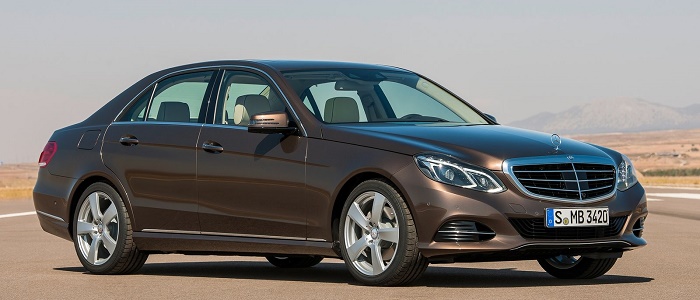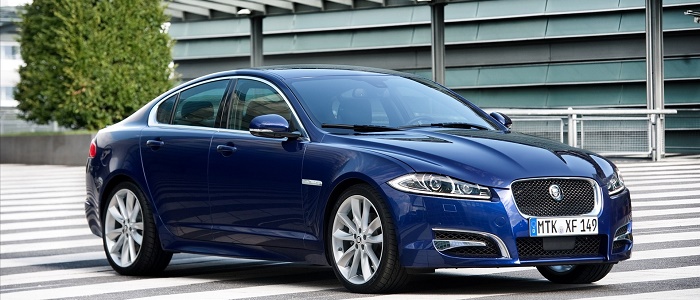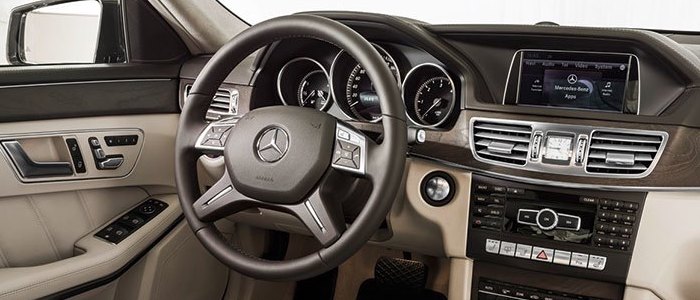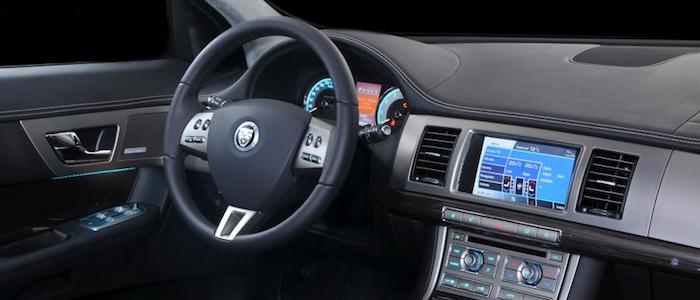Compare two cars
Compare any two cars and get our Virtual Adviser™ opinion
Dimensons & Outlines
Check vehicle history
Engine
3.5 M276 DE35 AL
Performance (manual gearbox)
Performance (automatic gearbox)
Expenses
Virtual Adviser's™ opinion
Well, these are two pretty similar cars we have here! It's only details that could potentially make the difference. Considering they both belong to the luxury car segment and utilize the same 4-door sedan body style and the rear wheel drive system, it all comes up to the specific petrol engine choice they offer. The first one has a Mercedes Benz-engineered powertrain under the hood, a 6-cylinder, 24-valves 333hp unit, while the other one gets its power and torque from a 6-cylinder, 24-valves 340hp engine designed by Jaguar.
SafetyThe first thing to look into here would be the results from European New Car Assessment Programme (Euro NCAP) tests performed on the two cars. Good thing is that both vehicles got tested, with the Mercedes Benz being a slightly better choice apparently. That aside, let's consider some other aspects which affect safety. Both vehicles belong to the luxury car segment, which is generally a very good thing safety-wise, but that fact doesn't break the tie between the two cars. Furthermore, if we'd like to consider vehicle mass in this context too, which we definitely should, the German car offers a marginal difference of 1% more metal.
ReliabilityReliability is not the best thing to consider on the make level, but it is worth mentioning that both brands display similar results in faults and breakdowns, when all the models are taken into account. That's the official data, while our visitors describe reliability of Mercedes Benz with an average rating of 4.3, and models under the Jaguar badge with 4.2 out of 5. Independent research findings rank E as average reliability-wise, and XF is more or less at the same level.Above it all, drivers of cars with the same engine as the German car rank it on average as 5.0, while the one under the competitor's bonnet gets 4.0 out of 5.
Performance & Fuel economyMercedes Benz is a bit more agile, reaching 100km/h in 0.6 seconds less than its competitor. Still, it lacks the power to win the top speed competition, topping at 250 kilometers per hour, exactly the same as the other car does. When it comes to fuel economy the winner has to be the German car, averaging around 7.9 liters of fuel per 100 kilometers (36 mpg), in combined cycle. We can't ignore that 22% difference compared to the British car.
Verdict
Mercedes Benz appears just a bit more reliable, although the difference is truly marginal. The most important thing when deciding between any two vehicles should always be safety, both passive and active. In my opinion, everything taken into account, the German car offers much better overall protection, which launches it ahead of the other contender. It all continues in the same direction, with Mercedes Benz offering somewhat better performance, just enough to call it quicker. To make things even better, it consumps less fuel! All together, there's not much more to say, in this case I wouldn't even consider anything but Mercedes Benz. Nevertheless, let's not forget that people have different preferences and needs, so what really counts is your personal feel. I'm only here to help. Also, you could use the oportunity to find out which car, everything taken into account, would be the perfect choice for you in the eyes of the virtual adviser™, among thousands of similar, yet so different vehicles.
Related articles
Remember when you laid your eyes on your dream car for the first time? Remember when you first brought it home? Now it is time to protect that dream car of yours. You might be a pro at choosing the right car. But are you a pro at deciding the right car insurance too? Perhaps not.
































